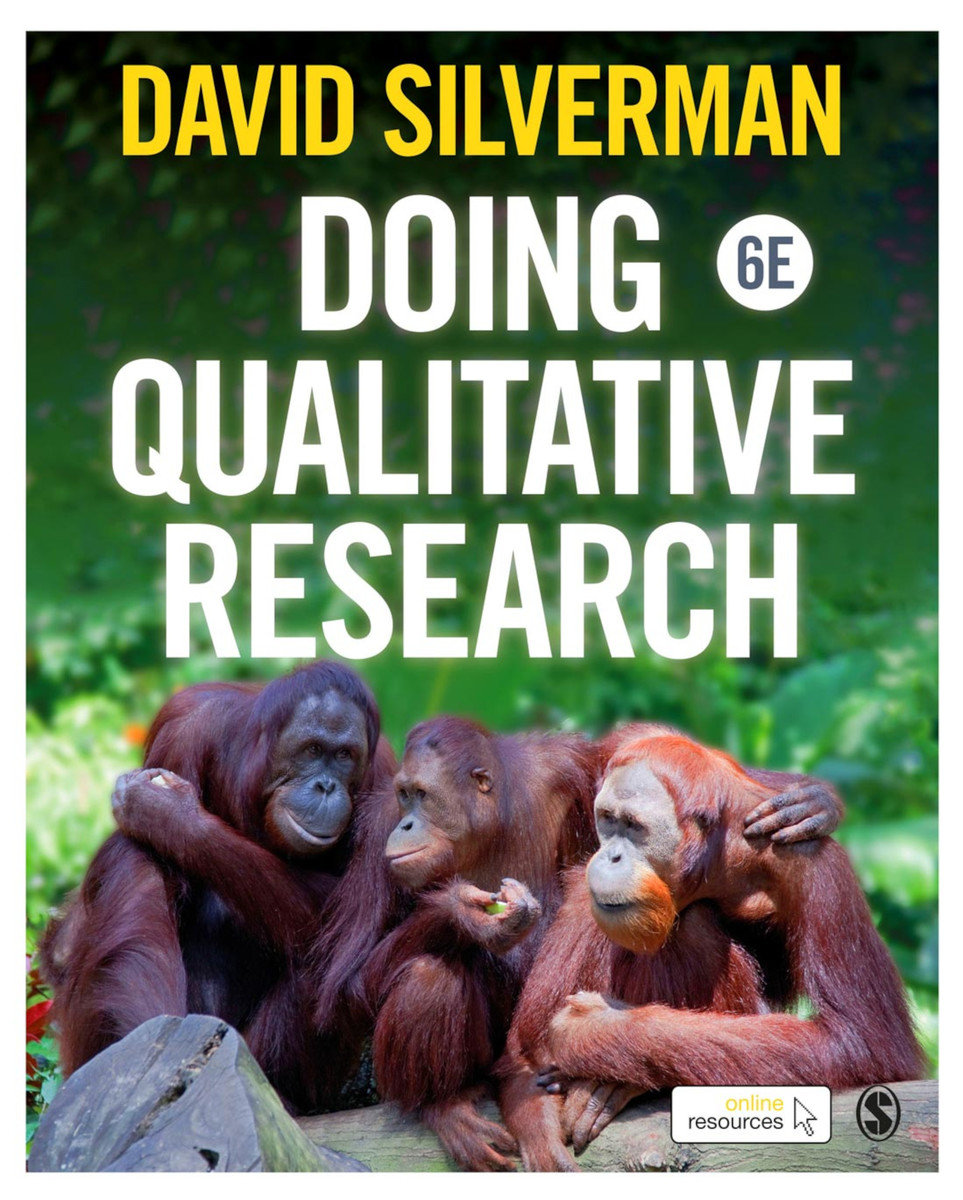Need practical advice on how to do your first qualitative research project? This book will guide you through each step of the research process: from brainstorming ideas and working with your supervisor to navigating the field to writing up your results.
Driven by examples from other students´ projects, the book features discussions on translating social problems into research topics, collecting data in the wake of a pandemic, and guidance from Qualitative Data Analysis Software expert Christian Schmieder to help you summarise, categorise, and review qualitative data. A new chapter on how much data you need answers the age-old question: how many interviews or case studies are enough?´
It also includes:
- Articles and websites to build your bibliography
- Questions to test your knowledge
- Videos from world-leading qualitative experts
- Activities to dig deeper into key concepts and think critically about research
- Lessons-learned discussions with other researchers
- Exercises to help you choose the right path for your project.
Key features: in addition to the online Silverman Workshops, the book includes top tips, end-of-chapter checklists to test your understanding, and annotated further reading so you can develop your knowledge further.


